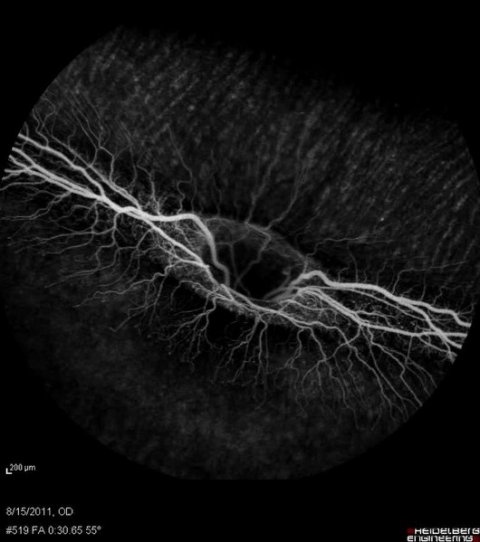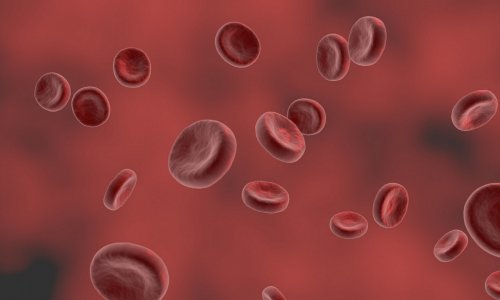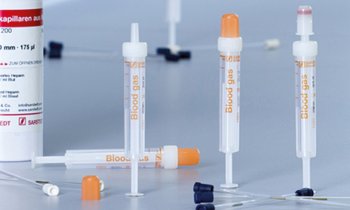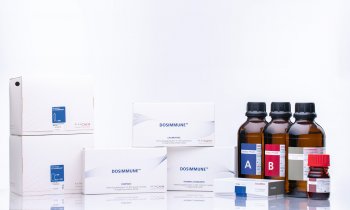News • Venous thromboembolism (VTE)
Award for new blood clot prevention technology
A partnership between the Royal Stoke University Hospital, part of the University Hospitals of North Midlands NHS Trust, and a UK industry-leading medical devices company have been rewarded for its use of an innovative bioelectronic technology to prevent life-threatening blood clots in acute stroke patients – winning in the category: Best use of technology (acute care), at the Building Better Healthcare Awards.
The collaboration, a partnership between the Royal Stoke and UK-based Sky Medical Technology (Sky), investigated though a prospective study of two care pathways, the use of the company's geko device in preventing venous thromboembolism (VTE), blood clots, in high-risk patients at the hospital's leading Stroke Unit.
VTE is a major risk to hospitalised patients, with an estimated 40,000 deaths in England annually, 62 per cent of which are preventable given proper management – with acute stroke patients being a high at-risk population due to reduced mobility. The geko device (approved by NICE), is the size of a wristwatch and worn at the knee. The daily disposable device gently stimulates the common peroneal nerve activating the calf and foot muscle pumps, resulting in increased blood flow in the deep veins of the calf.

The comparative study assessed 1,000 acute stroke patients for VTE incidence at 90 days post discharge and reported 0% VTE in patients wearing the geko device alone, along with good patient tolerance, compared to VTE in patients prescribed intermittent pneumatic compression devices (IPC) at 2.4% or pharmacological prophylaxis at 0.8%.
The investigators, led by Mr. Indira Natarajan, consultant stroke physician and clinical director for neurosciences and Professor Christine Roffe, determined that 30% of patients are contraindicated or became intolerant to IPC (discomfort or dislike to IPC). It is to this unmet need cohort that the geko device was fitted, reporting a zero VTE incidence and good patient tolerance. Commenting on behalf of the Royal Stoke University Hospital, Mr Indira Natarajan said: "We are thrilled to win this award, and our thanks go to the Building Better Healthcare team for recognising our use of innovative technology to address this important unmet need. I would also like to thank Sky. The geko device marks a significant change to our nursing practice when other VTE prevention strategies are contraindicated or impractical, and provides an option where previously patients would have had no other intervention available to them."
Also commenting, Bernard Ross, CEO Sky Medical Technology said: "The 1,000 patient data set has not only changed clinical practice nationally – over 27 NHS Hospitals are actively working to embed the geko device within their acute stroke care pathways – the data also helped to secure FDA 510(k) clearance, making the geko the first device of its kind to be cleared for VTE prevention across all patients, including non-surgical patients in the USA. This tremendous success demonstrates the huge potential of industry and NHS partnering, and it is to the Royal Stoke team that we owe our sincere thanks. Without their commitment, passion and willingness to embrace innovation, none of this would be possible."
Source: University Hospitals of North Midlands NHS Trust
13.11.2019











